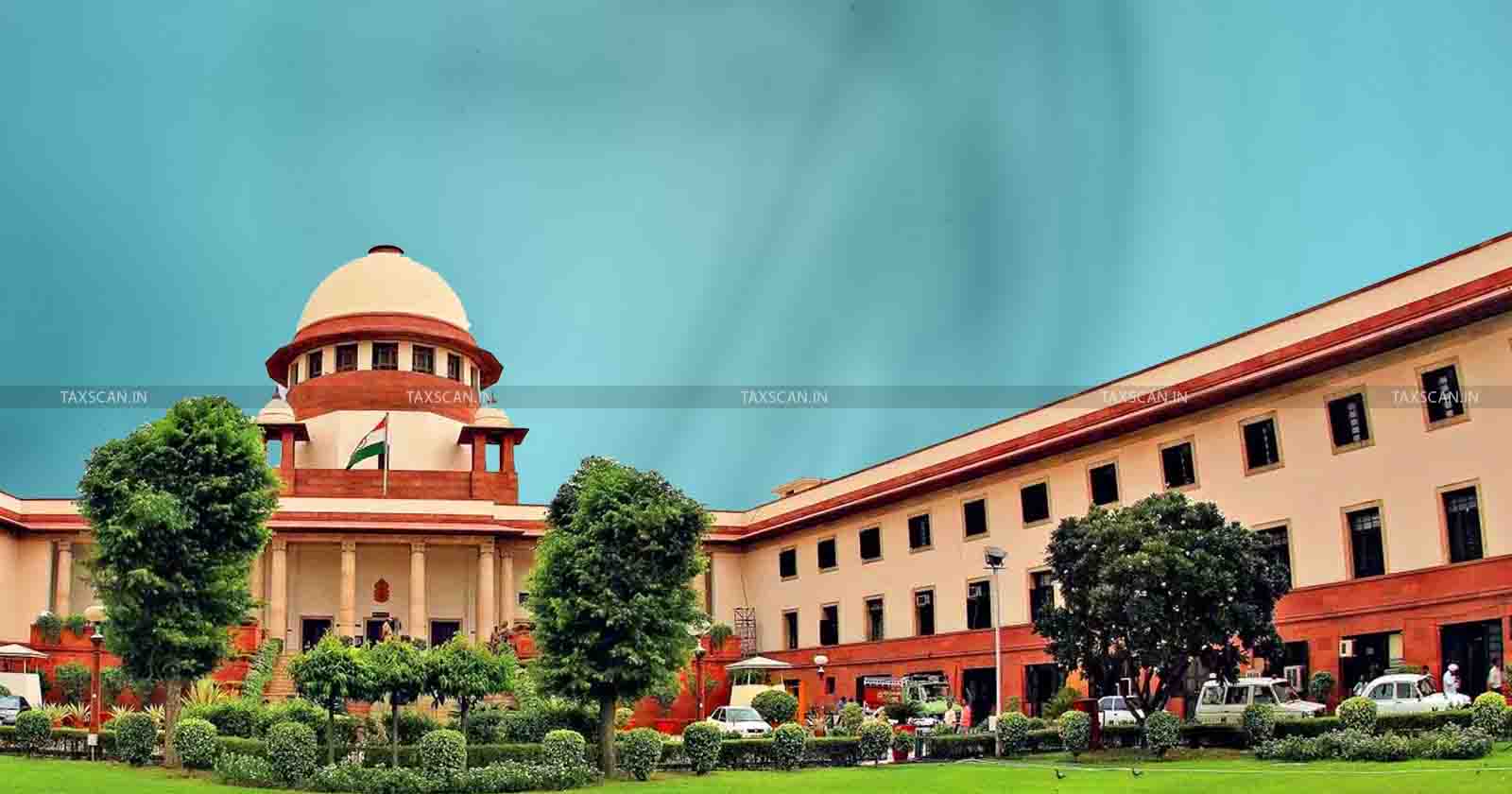Application u/s 7 of IBC cannot be Rejected by NCLT Unless Debt has not Become Due & Payable: Supreme Court

Application- IBC- NCL-T Supreme Court-debt-taxscan
Application- IBC- NCL-T Supreme Court-debt-taxscan
The Supreme Court has held that the National Company Law Tribunals (NCLT) cannot reject applications under section 7 of the Insolvency and Bankruptcy Code, 2016 (IBC) unless the debt has not become due & payable.
M Suresh Kumar Reddy, the NCLT admitted an application by Canara Bank under Section 7 of the IBC against Kranthi Edifice Pvt Ltd, the corporate debtor. In 2016, the bank granted overdraft and bank guarantee facilities to the debtor, which then defaulted on its repayments.
The appellant, a suspended director of the corporate debtor, appealed the NCLT’s decision to admit the application and commence the Corporate Insolvency Resolution Process (CIRP).
Relying on Vidarbha, the appellant argued that, notwithstanding the existence of a debt and default, the application should have been rejected.
The corporate debtor had repeatedly tried to reach a one-time settlement with the bank. The Telangana government had also written several unanswered letters to the bank seeking an extension of the bank guarantees because it had granted a contract to the corporate debtor.
The court rejected the contention and clarified that the decision in Vidarbha was restricted to the facts of that case and the judicial observations on the NCLT’s discretion in admitting petitions under section 7 of the IBC could not override the clear framework of the code. The court held that once a default is established, the NCLT cannot refuse to admit the application unless there are cogent and compelling reasons to do so.
Suresh Reddy demonstrated that the corporate debtors cannot mechanically rely on Vidarbha to oppose the commencement of CIRP in cases of unpaid debts. However, the case does not completely negate the defences raised by corporate debtors.
Suresh Reddy emphasised that the cogent and compelling circumstances must exist for the NCLT to refuse a CIRP under section 7 of the IBC, as in Vidarbha. The NCLT must make an objective assessment of the facts of the case and the arguments of the parties to determine if a CIRP should be initiated.
An amendment to section 7 would make it mandatory for the adjudicating authority to admit the application for CIRP once the debt and default have been established which would remove any discretion NCLTs may presently have.
“Even assuming that NCLT has the power to reject the application under Section 7 if there were good reasons to do so, in the facts of the case, the conduct of the appellant is such that no such good reason existed on the basis of which NCLT could have denied admission of the application under Section 7”, the two-judge bench comprising Justice Abhay S. Oka and Justice Rajesh Bindal held.
Read More: IBBI releases note on Findings of Supreme Court clarifying Role of AA in Insolvency
Support our journalism by subscribing to Taxscan premium. Follow us on Telegram for quick updates


